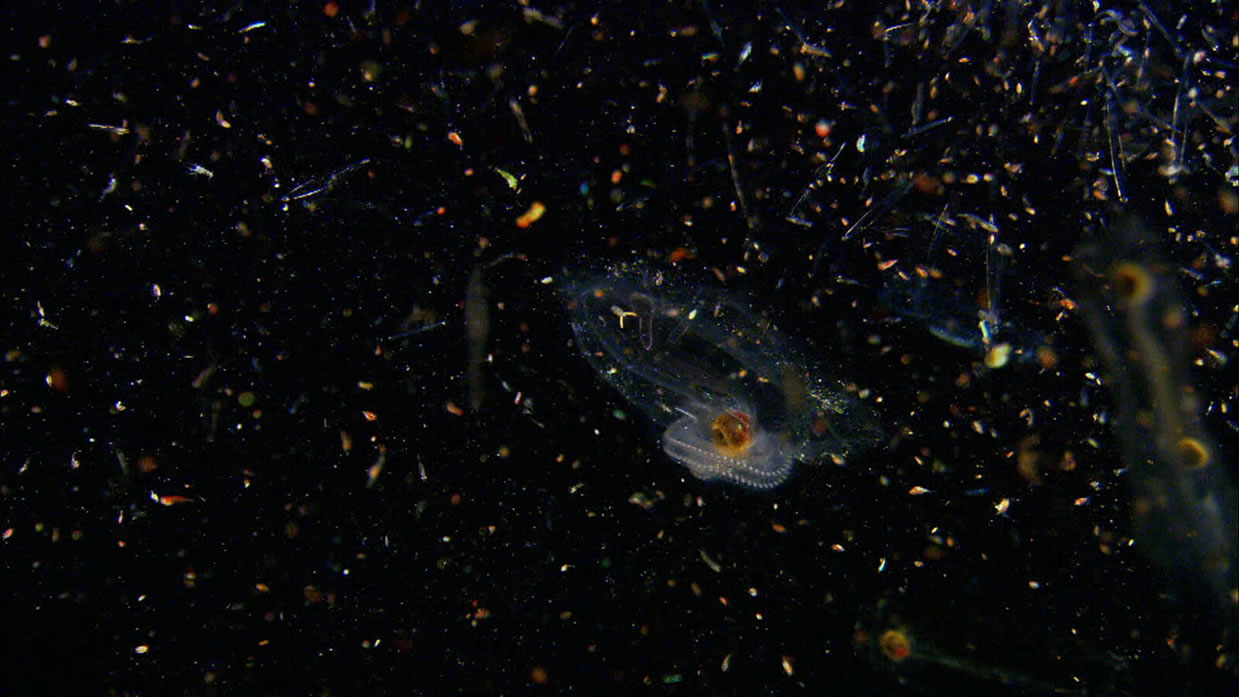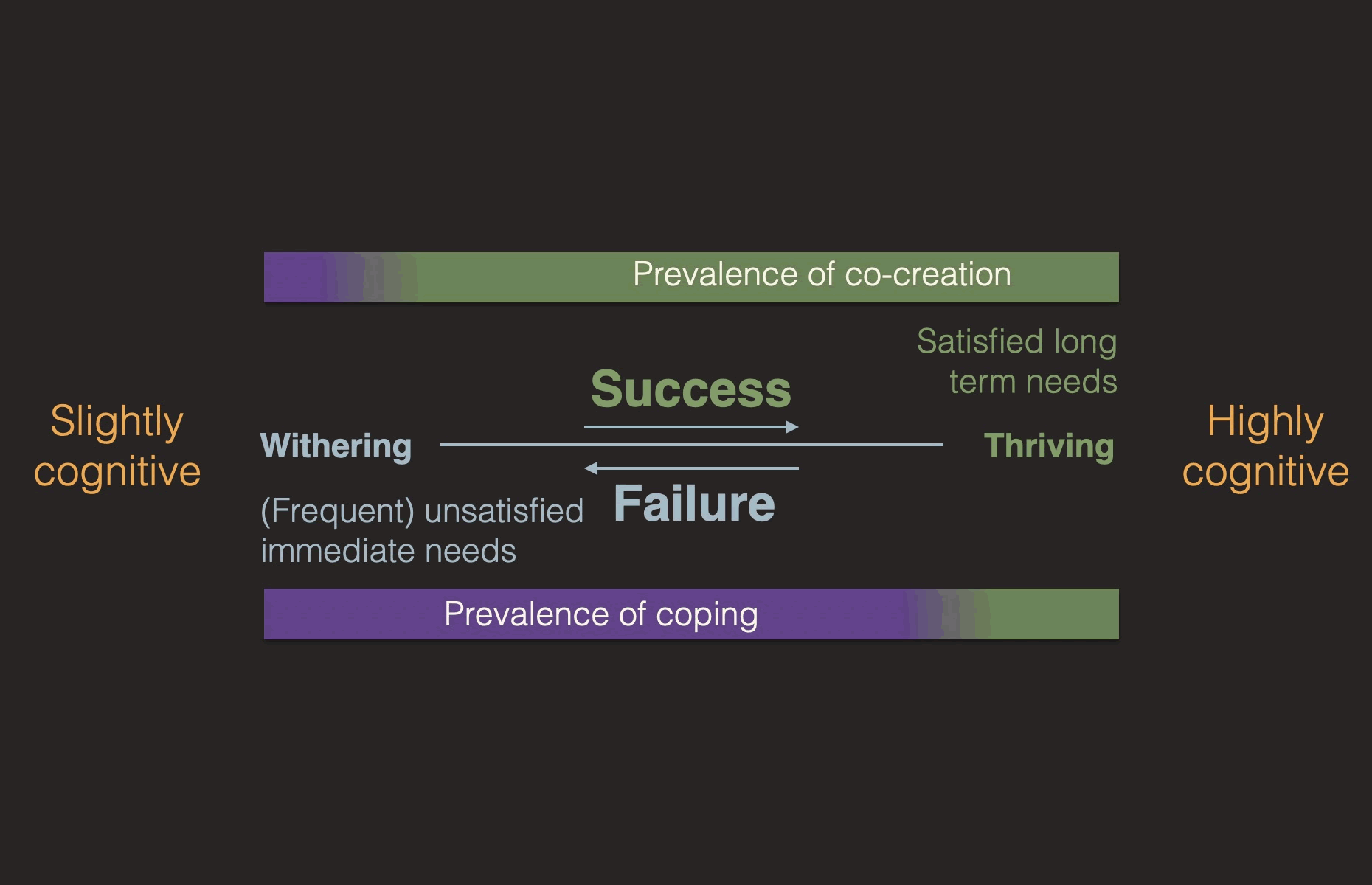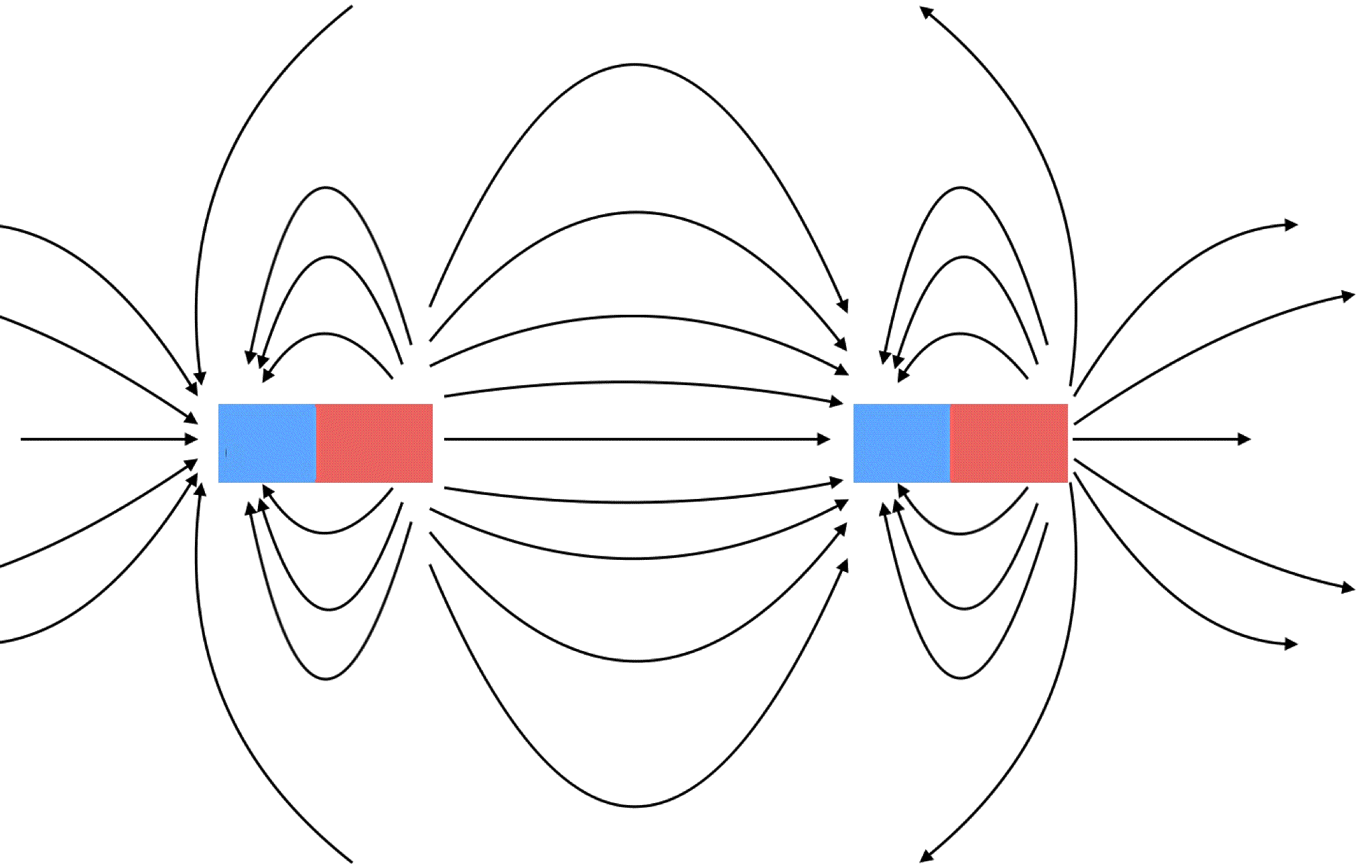This section provides an overview of core cognition. The test is based on our recent publications, but deviates here and there for clarification. This is a serious, but fairly accessible introduction

This 4 section series is based on a recent paper (Andringa & Denham, 2021) in which we outline the basics of core cognition starting from the demands to being and remaining alive and maximizing viability of self and habitat. In it we derive core cognition and its two main modes, coping and co-creation, from first principles.

This section addresses the quite different and complementary features of coping and co-creation. We need both, because successful coping maximizes time for co-creation. The complementarity of the two modes, as two separate ontologies that disagree on many aspects, might be the root of life’s resilience.

Here we develop the structure of identity in terms of coping and co-creation adequacy. This leads to an enriched understanding of the interplay between coping and co-creation, and it demonstrates that the conceptual language of core cognition is a productive lens for approaching a well-studied psychological phenomenon.

This section addresses two routes to social well-being. There are many routes to prospective well-being; in fact, all self-help literature and political, economic, or religious ideologies propose them. We have selected the “ontological security” framework and a recent formulation of “psychological safety” to represent very clear, actionable, and precisely-worded coping and co-creation alternative approaches to general well-being.

We derived two separate forms of cognition; coping: for addressing pressing problems and, hence, aimed at its termination; and co-creation: aimed at optimizing everything in the context of everything else and aimed at its perpetuation.

Text based on Andringa & Denham (2021a). The environment from which agents can derive all they need to survive (and thrive) and to which they contribute to ensure long-term viability (of self and others), Note that we use the term habitat to include other agents, but to exclude the agent.

This is a table with two contrasting self-consistent ontologies that arise from the defining properties of coping and co-creation. Ideally the ontology of thriving dominates with continual focused contributions of the ontology of survival. But it is also possible that coping starts to dominate to the exclusion of the other ontology: a coping trap
